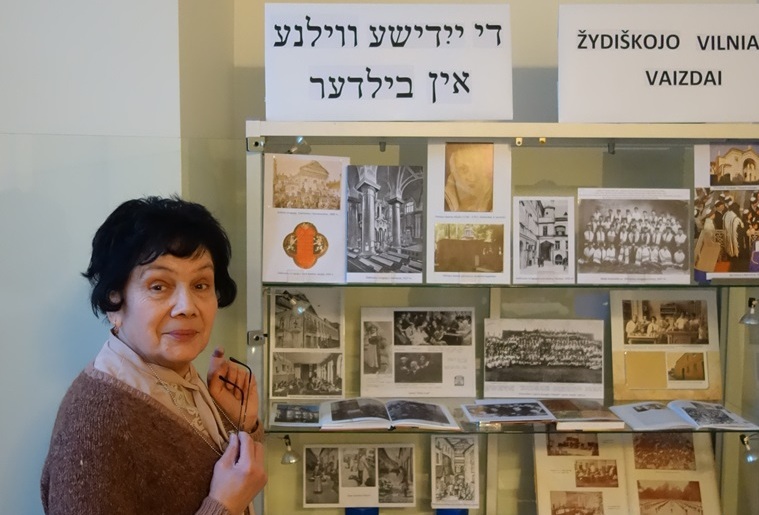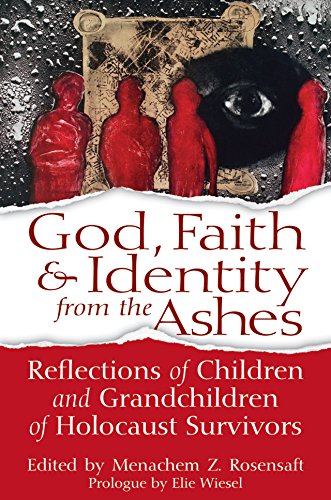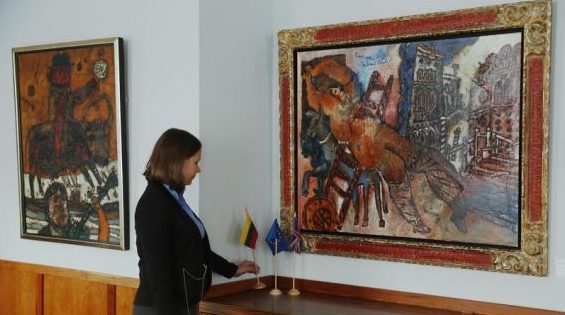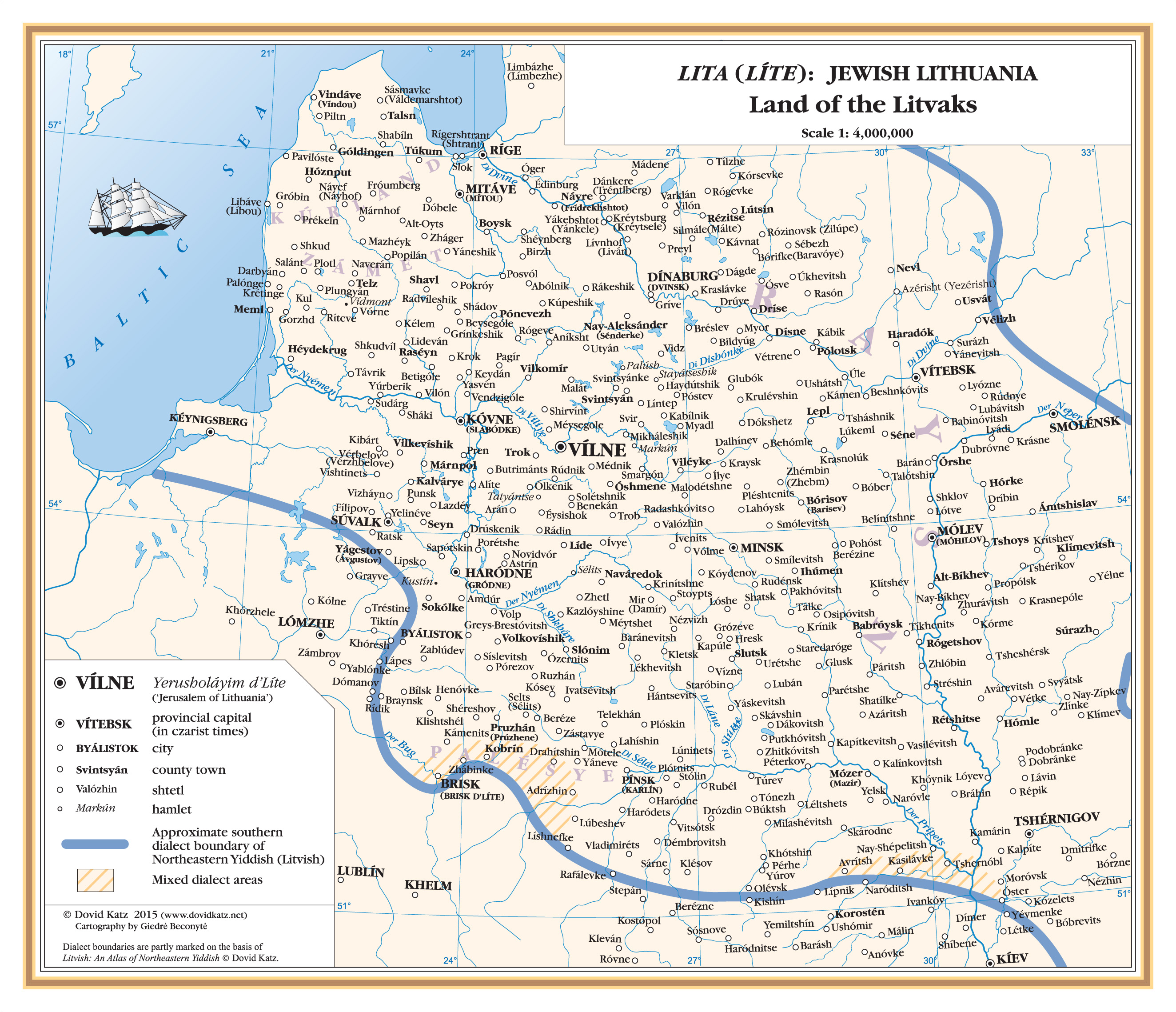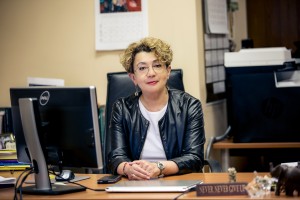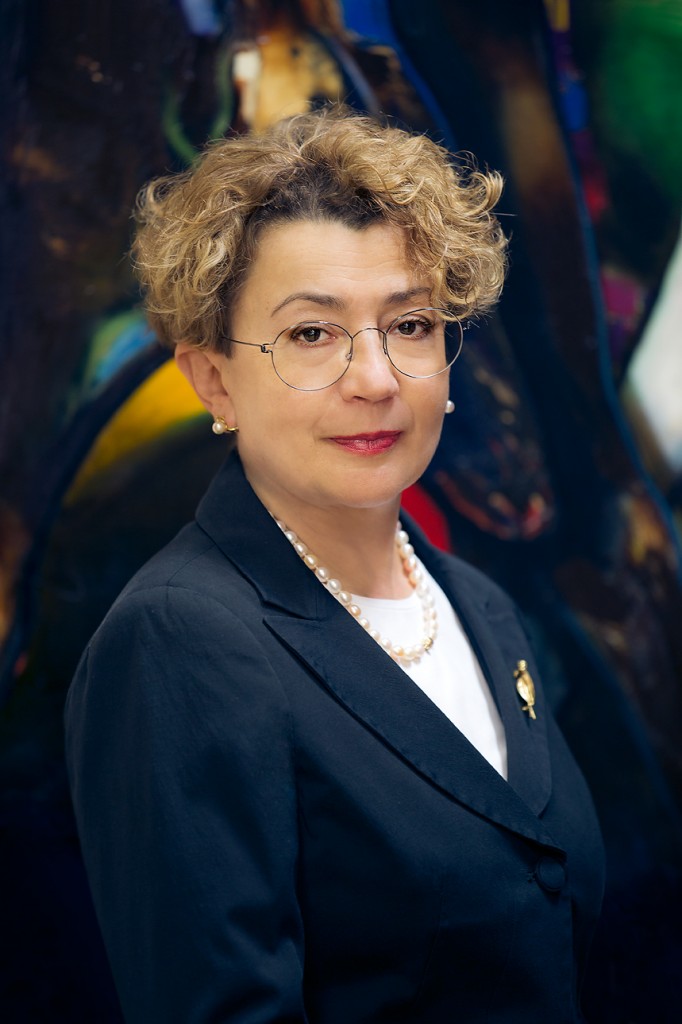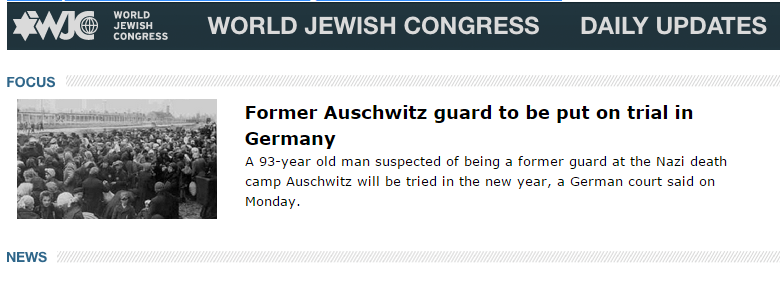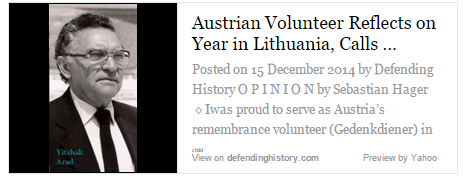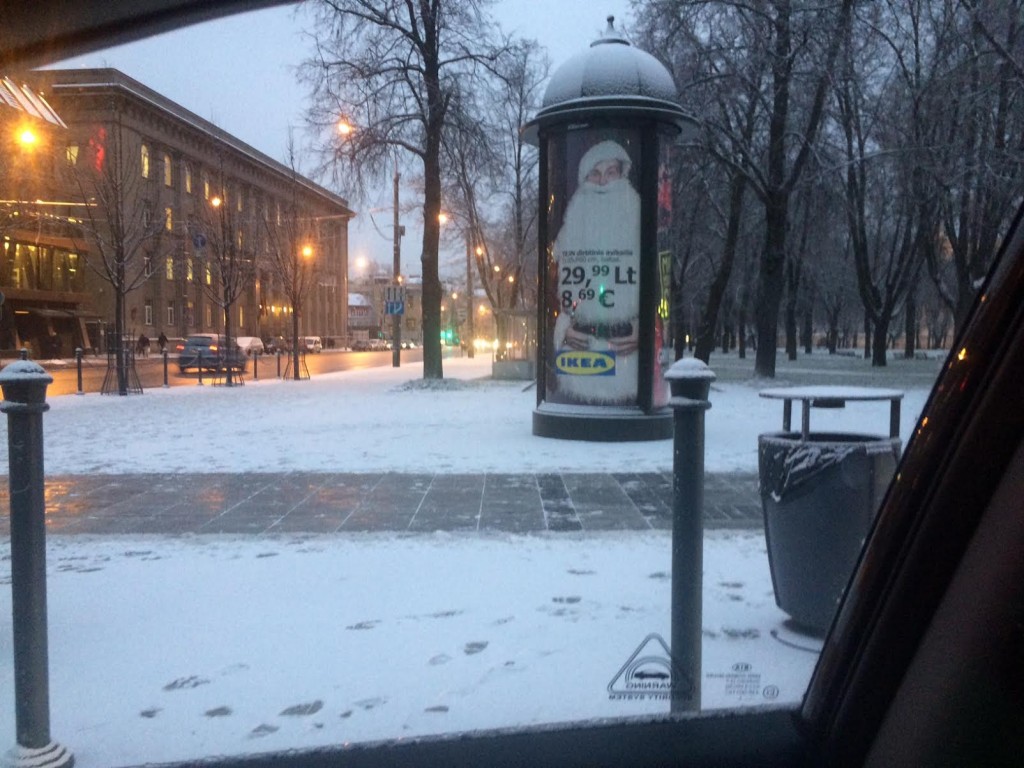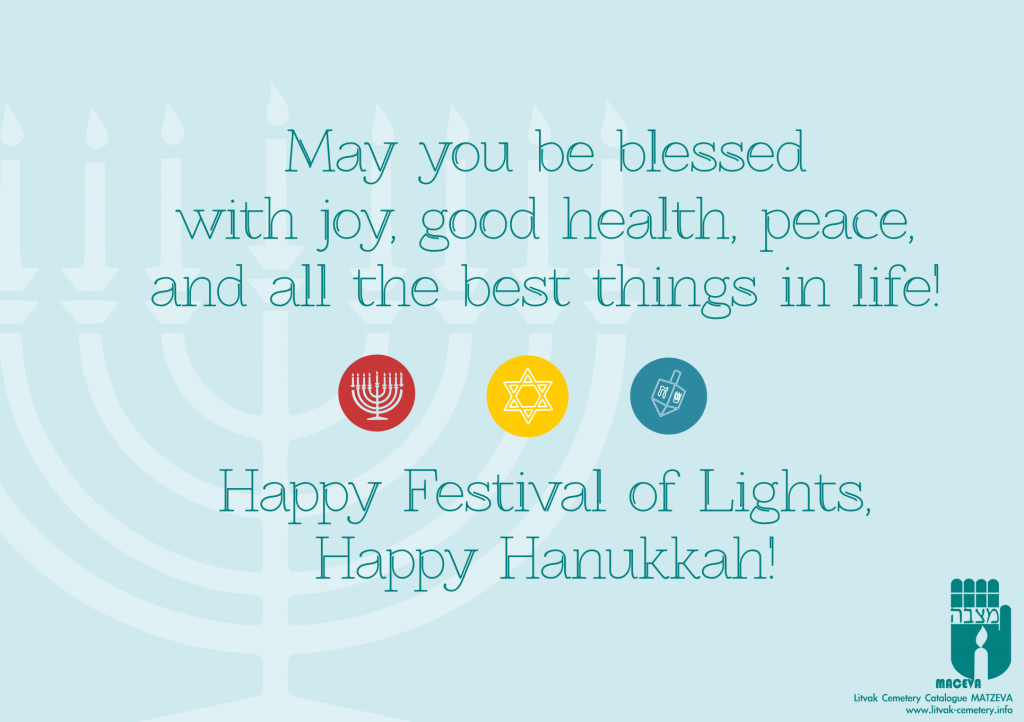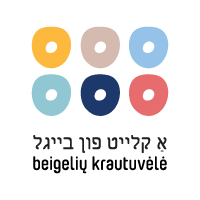Five years have now passed since I first published my annual list of non-Jews who are worthy of recognition for their positive impact on Jewish lives and the Jewish state.
Looking back, it is fascinating to see how the list has evolved, with some personalities fading from prominence and others emerging to take their place. Some have remained constant throughout the years.
As I have pointed out in the past, my choices are by no means scientific and are primarily intended to prompt interest in this unique group of individuals. Hailing from various countries, ethnic backgrounds and religious groups, the list includes heads of state, business tycoons and spiritual and political leaders. While some of their contributions came through effort and sacrifice, for others they seemed like second nature, but all are surely worthy of our recognition. As such, I present my fifth annual list of the “Top 10 Non-Jews Positively Influencing the Jewish Future.”



















